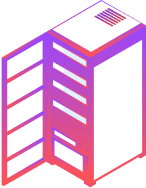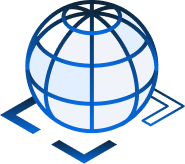
IPv4:
216.73.216.211
ISP:
Amazon.com
Proxy:
No
City:
Columbus
Country:
United States
OS:
No detected
Browser:
No detected


IP Address details

Location
Country:
United States
Region:
Ohio
City:
Columbus
Reversed:
Columbus
IP Range:
115.72.0.0/13
ISP:
Amazon.com
Organization:
Amazon.com, Inc.
AS Organization:
Amazon.com, Inc.
AS Number:
AS16509
Time
Zone:
America/New_York
System:
Tue Jan 06 2026 22:54:03 GMT+0000 (Coordinated Universal Time)

WEBRTC
216.73.216.211

Cookies
Disabled

Try IP risk-free with ProxyV6 & ProxyV4


What is an IP Address?
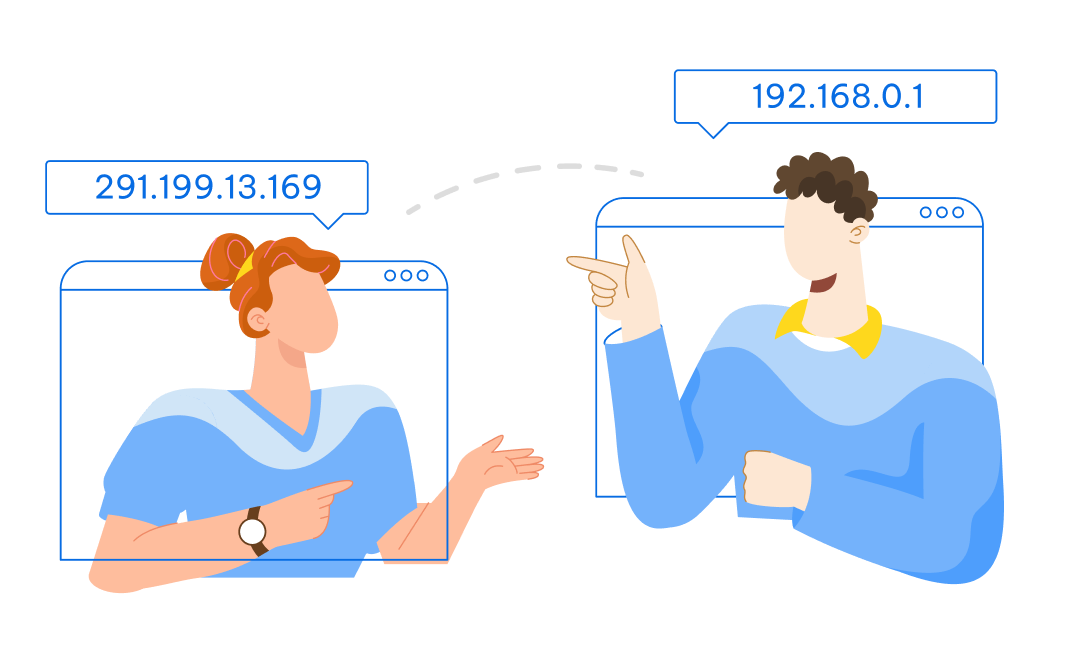
Your internet service provider assigns a numeric label, called the Internet Protocol (IP) address, to identify your device among billions of others. In a way, an IP address functions as an online home address because devices use IPs to find and communicate with each other.
Here’s how an IP address directs data to its destination. First, you type in a website name (example.com) into the browser. However, your computer does not understand words — only numbers. So it first finds out the IP address of that website (example.com = 103.86.98.1.), finds it on the web, and finally loads it on your screen.

Compare IPv4 vs. IPv6 addresses
How an IP address looks depends on the Internet Protocol version it’s using — IPv4 or IPv6.
IPv4
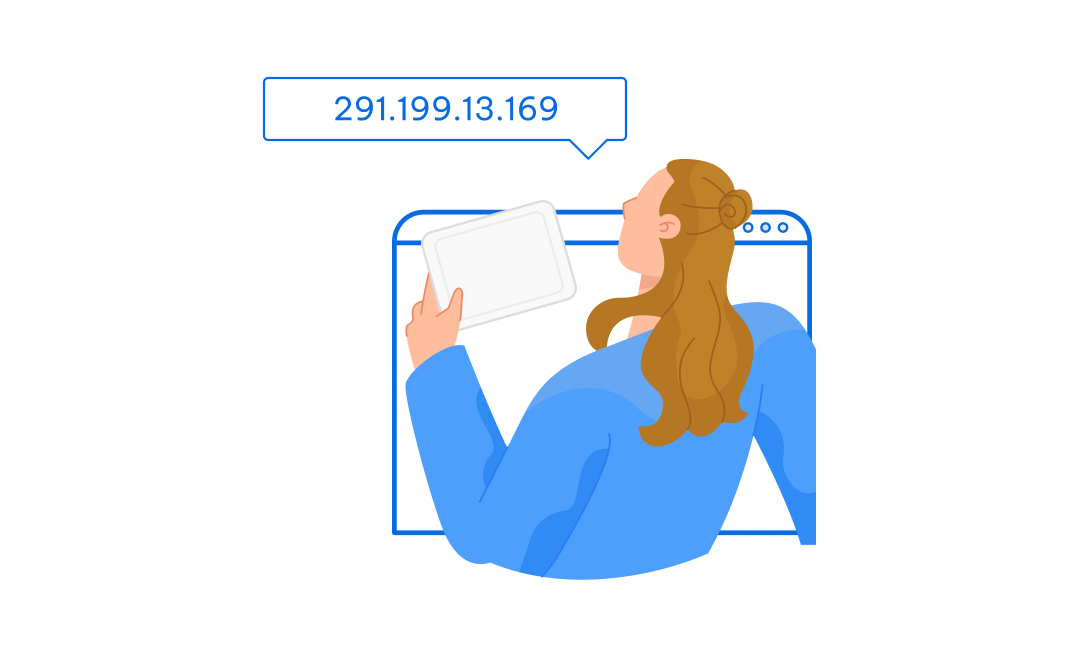
Most internet service providers still use IPv4. It’s based on 32 binary bits, consists of four numbers from 0 to 255, and is separated by dots. For example, 103.86.98.1.
However, IPv4 can generate only 4.3 billion unique IP addresses. That’s nowhere near enough in this digital — IPv4 addresses will soon run out.
IPv6
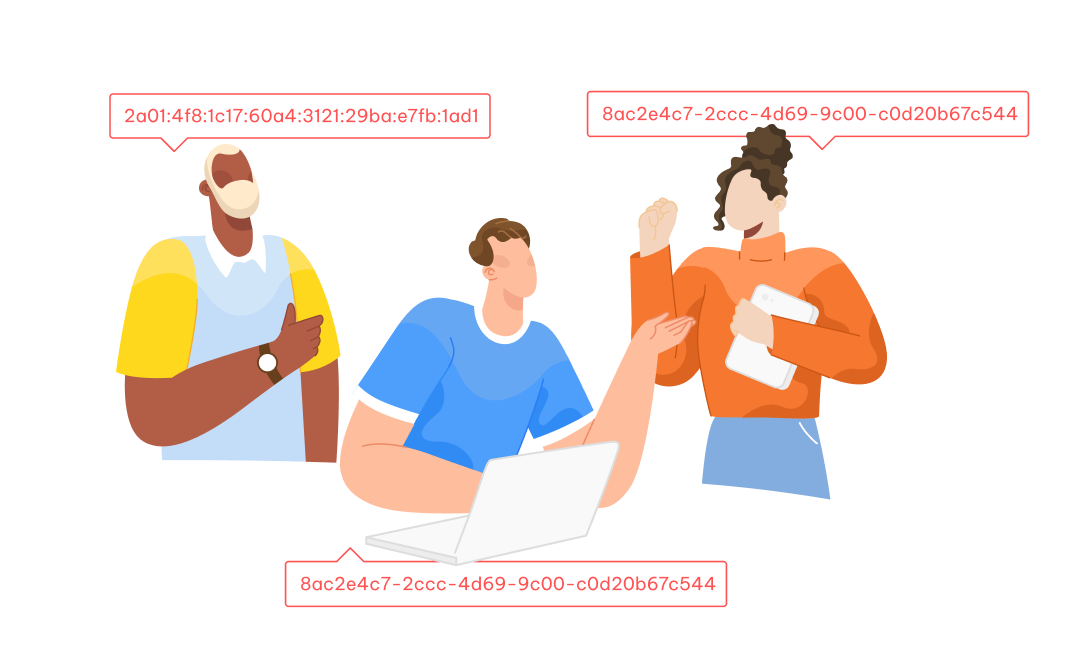
IPv6 addresses are made up of 8 blocks of numbers. Each block is written as four hexadecimal digits and separated by colons. For example, 2400:BB40:1100:0000:0000:0000:0000: 0001.
Number groups containing only 0 are often omitted to save space. Instead, a colon is added to indicate the gap. For example, 2400:BB40:1100::1
How to change my IP address
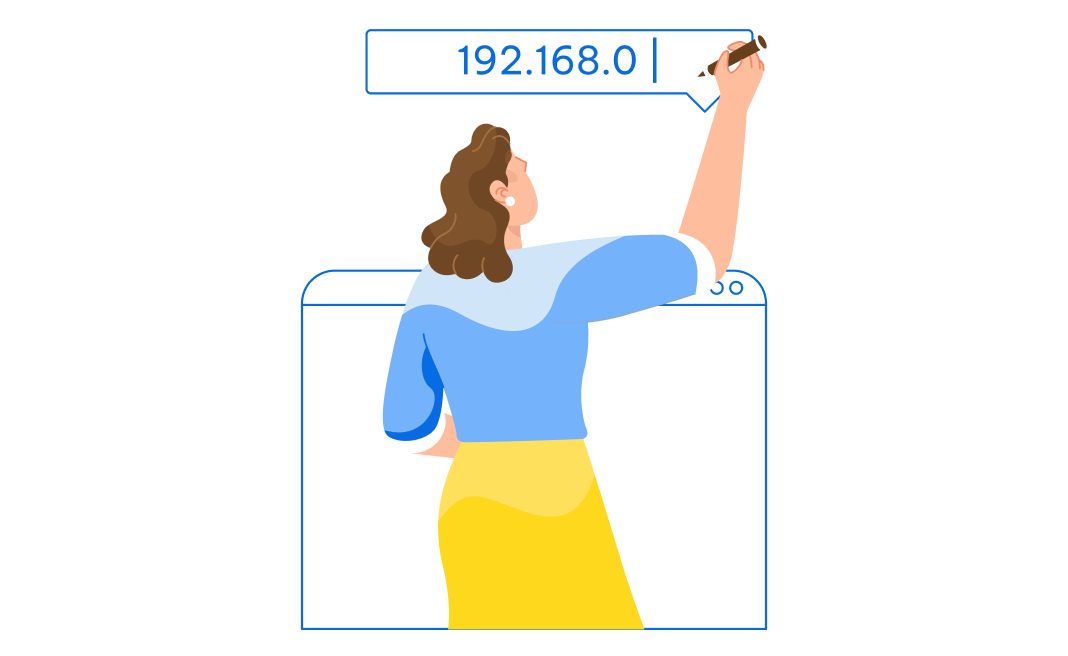
Why you should use Proxy Server?
Browsing, working remote, gaming or even streaming — whatever you do on the internet, you will remain hidden from all third parties once you establish a Proxy Connection. Protect your privacy and so much more..

Hidden location
Protect your identity by connecting to an encrypted, private VPN server. It will hide your IP and location online, and not even your ISP will be able to see what you do online.
An IP address that’s only yours
Get a Dedicated IP. Avoid CAPTCHAs, get secure access to business servers and payments, and a permanent virtual location of real city in the world.
Privacy online
Ensure a private and secure connection even on public Wi-Fi. Use it on all devices and stay safe at home and anywhere you want.

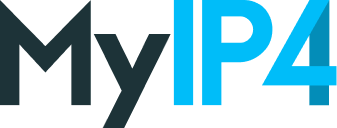
— is a service aimed at verifying the information your computer sends to the web.
It is perfect for checking proxy or socks servers, providing information about your VPN server and scanning black lists for your IP address. The service shows whether your computer enables Java, as well as its language and system settings, OS and web-browser, define the DNS etc.
The main and the most powerful side of our service is the interactive checking by` Flash and WebRTC, allowing to detect the actual system settings and its weaknesses, which can be used by third-party resources to find out the information about your computer.
For your convenience, we have set up two versions of our website: light and extended (for displaying additional information).


